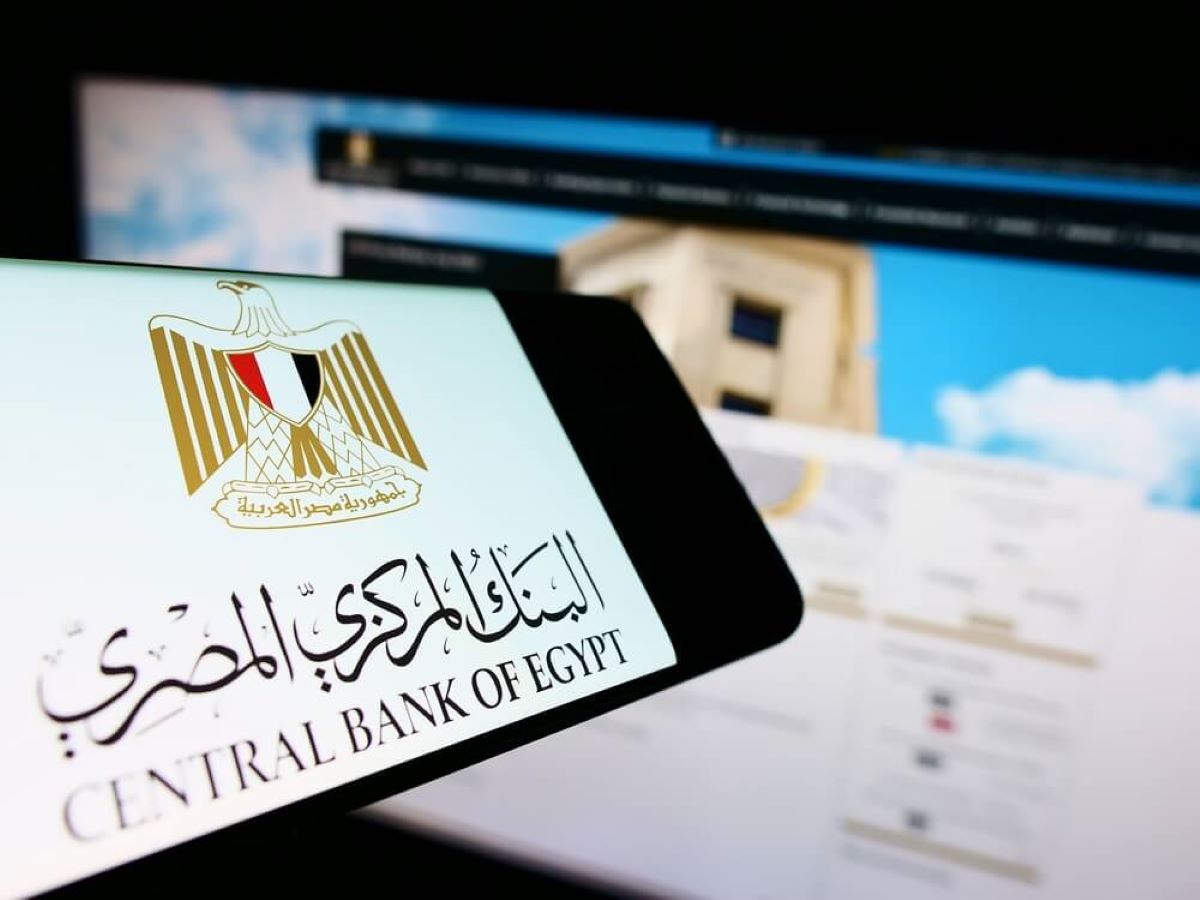Are surprises expected during the Central Bank of Egypt (CBE) meeting on interest rates this June 22 following the decision to maintain them in May?
It is the third meeting of the Monetary Policy Committee, as it decided on February 2nd to continue the policy of tightening by stabilization at rates of 16.25 percent and 17.25 percent on deposits and lending, respectively.
At its meeting on March 30, it decided to raise interest rates by 200 basis points to establish deposit and lending rates of about 18.25 percent and 19.25 percent. At its meeting on May 18, the committee decided on a policy to maintain them.
Read: Egypt’s inflation rises to 40.3% due to import delays
Analysts’ opinions vary between those who expect the committee to put the breaks in line with the Federal Reserve’s decision to maintain interest rates, and those who believe that the central bank will increase by 50 basis points and 100 basis points in connection with the inflation rate announced for May at 40.3 percent.
But the statement made by Egyptian President Abdel Fattah al-Sisi a few days ago regarding the exchange rate is worth contemplating. For the first time, he addressed the IMF’s demand for the flexibility of the pound’s exchange rate, hinting that there is no more flexibility because such a move could harm the national security of Egypt and its citizens.
Commenting on the exchange rate, Sisi said on the sidelines of a conference, “We are flexible with it. But when the issue harms Egypt’s national security and the Egyptian people get (hurt) … No, no, no, no.”
Some believe that Sisi’s speech represents a new approach to the state’s handling of this issue during the coming period and an indicator towards fixing the interest rate at the next meeting.
But this raises questions about the fate of the agreement between Egypt and the International Monetary Fund, which sets two prerequisites for the first review of the $3 billion loan Egypt received: the first is the issue of exchange rate flexibility, and the second is the offering of state companies for public offerings.
Goldman Sachs predicts that the Central Bank of Egypt will need about five billion dollars before moving to a more flexible exchange rate. “There will be no exchange rate flexibility without adequate liquidity,” it said, noting that the Egyptian authorities prefer to implement reforms such as selling government assets before moving to a flexible exchange rate.
Egypt was supposed to raise $2 billion worth of money by the end of June from the sale of stakes in state companies. Since the announcement in February that the government intends to offer 32 companies leading to March 2024, including eight before the end of August, with deals estimated to reach $2 billion by the end of the current fiscal year on June 30, IPOs have been limited to selling 10 percent of Telecom Egypt’s shares worth $150 million.
The agreement signed Sunday between Egypt and the World Bank Group’s International Finance Corporation (IFC) to be a strategic advisor to the state-owned IPO program is expected to revive hopes of speeding up the completion of this promise.
Egyptian Prime Minister Mostafa Madbouly announced after the signing of the agreement that “the International Finance Corporation will have the ability to market Egyptian assets abroad,” pointing out that the agreement is for a period of five years.
Minister of International Cooperation Rania Al-Mashat explained that “IFC will provide technical support and advice to the government privatization program, help structure and prepare companies targeted for private sector offering, identify target investors, improve corporate governance, and the course of the IPO process for each of the program’s companies, in a way that enhances capital flows and supports the country’s vision to achieve economic recovery.”
For more on Egypt, click here.








